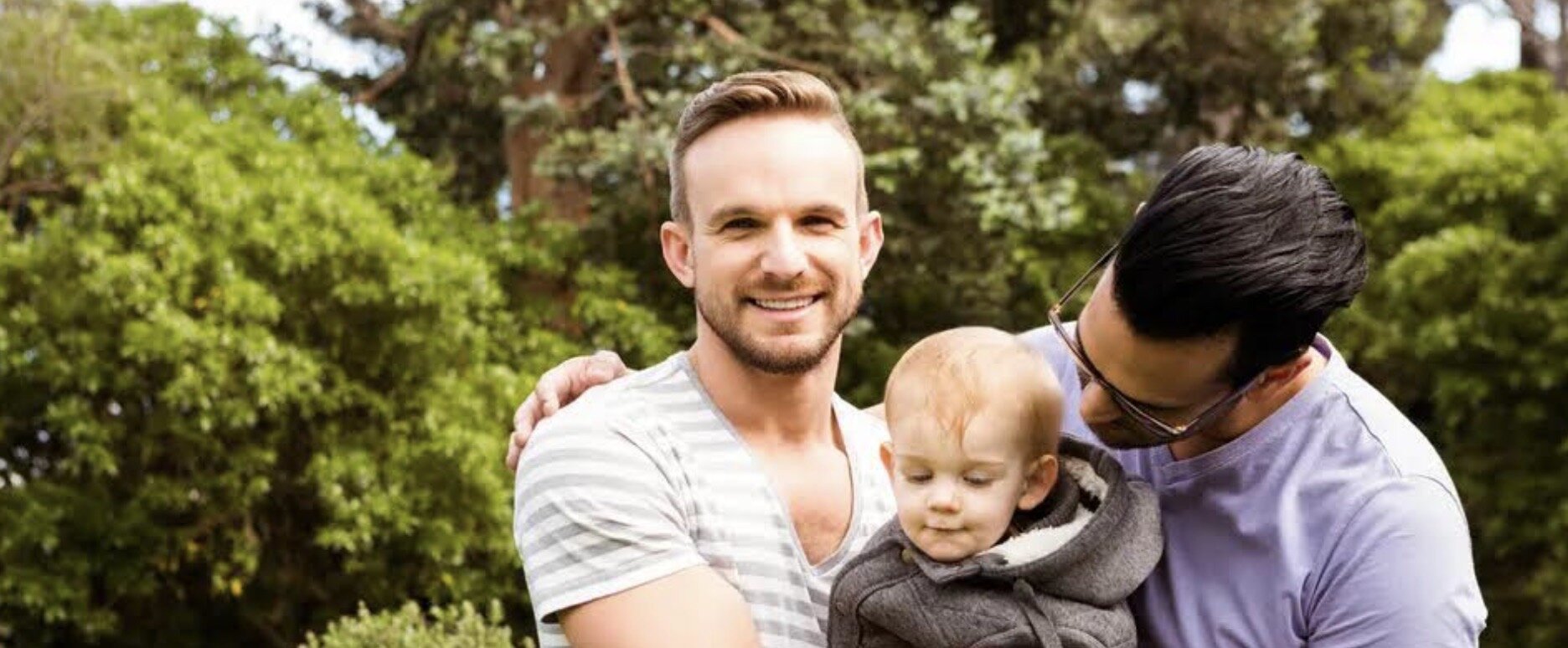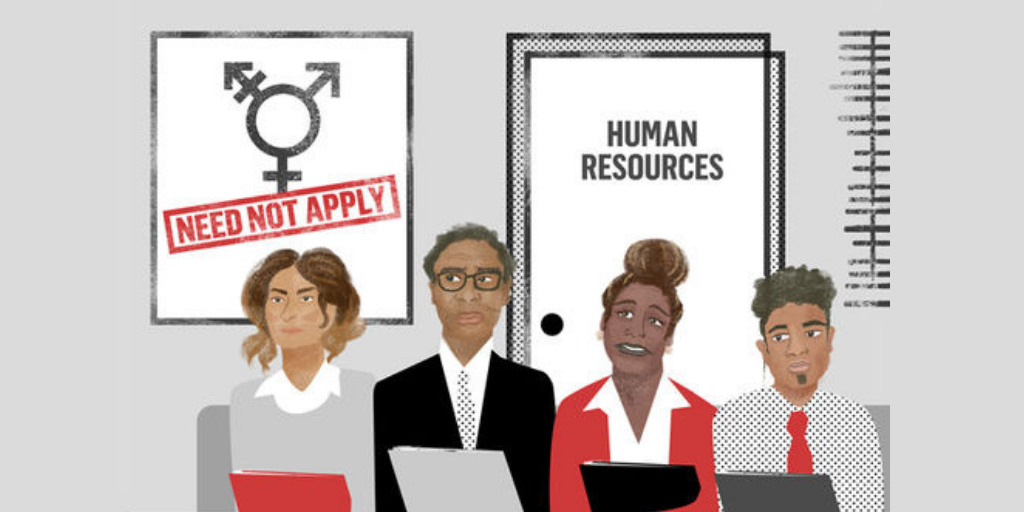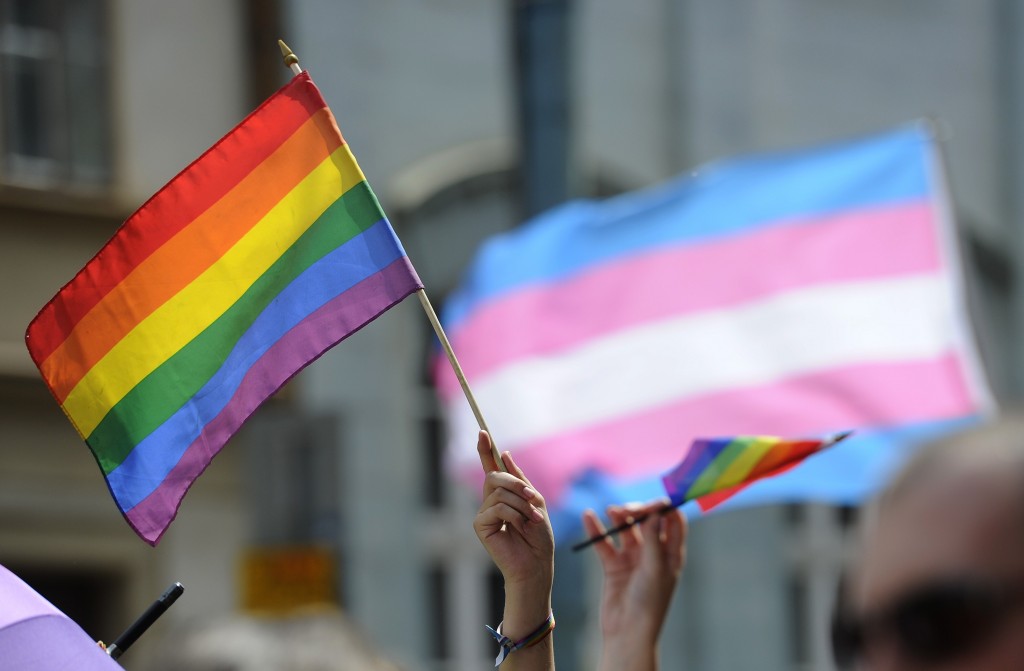Introducing Impact LGBTQ: Impact Fund’s Newest Initiative for Social Justice
David Nahmias, Law Fellow
Kim Hively probably didn’t think an innocent romantic moment with her girlfriend would change the course of her career. But after they kissed in the parking lot at Ivy Tech Community College in South Bend, Indiana, where Hively had been an adjunct math professor for fourteen years, she began experiencing problems at work. Ivy Tech rejected her application to teach full-time six times, and then ultimately the college declined to renew her contract in 2014. Hively believed that Ivy Tech discriminated against her because of her sexual orientation. But Title VII of the Civil Rights Act 1964, the federal law prohibiting employment discrimination, does not explicitly prohibit discrimination because of sexual orientation and Indiana did not have any state laws protecting gay, lesbian, bisexual, and transgender workers. Without the law on her side, Hively could not find a lawyer who would represent her in her lawsuit, so she filed a charge with the EEOC on her own. She then filed her complaint against Ivy Tech, again pro se (without an attorney), in federal court in Indiana, stating simply that she was “denied full time employment and promotions based on sexual orientation” in violation of Title VII. The court dismissed her complaint.
Kim Hively’s was ultimately successful with a landmark victory for social justice and workers’ rights, but how many other LGBTQ workers have gone to court alone because no lawyer would represent them?
When Hively appealed to the Seventh Circuit, she had experienced attorneys by her side—Gregory Nevins, Omar Gonzalez-Pagan, and Karen Loewy—from Lambda Legal. A Seventh Circuit panel affirmed for Ivy Tech based on existing case law, but indicated that it was conflicted in doing so. This set the stage for the full Seventh Circuit to sit en banc and overrule its own cases holding that Title VII does not prohibit discrimination because of sexual orientation. In a landmark decision, the Seventh Circuit became the first appellate court in the country to hold that discrimination “because of sex” in Title VII encompasses sexual orientation. Writing for the court, Chief Judge Diane Wood observed that “[i]t would require considerable calisthenics to remove ‘sex’ from ‘sexual orientation,’” and that the “logic of the Supreme Court’s decisions” and “common-sense reality” militated ruling for Hively. Hively has now recently settled her lawsuit, and the Seventh Circuit’s decision gave new hope to LGBTQ workers across America.
Hively’s success is a victory for social justice and workers’ rights, but it also illustrates an important question of access to courts and justice. How many other LGBTQ workers have gone to court alone because no lawyer would represent them?
More than 25% of transgender workers in California reported that in the past year they were fired, passed over for promotions, or not hired because of their gender identity.
Here in California, state laws prohibiting sexual orientation and gender identity discrimination protect LGBTQ workers. But having strong laws on the books is not enough. Homophobic and transphobic discrimination and harassment still run rampant. For example, according to the National Center for Transgender Equality, more than a quarter of transgender workers in California reported that in the past year they were fired, passed over for promotions, or not hired because of their gender identity.
Our partners among low-income legal services providers and in the impact litigation community confirm that many claims of anti-LGBTQ workplace harassment in California go unresolved. Across the state there are few attorneys who can represent the low-wage LGBTQ workers who are most vulnerable to harassment. The reasons vary: such individual cases may not provide adequate remedies, the lawyers themselves are untrained in the laws protecting LGBTQ people in the workplace, these cases may not garner the impact needed to attract national civil rights litigators, or attorneys may not be able to recover the fees needed to recoup the cost of these resource- and time-intensive cases. Whatever the reason, a dearth of advocates leaves workers in California in the same place as Kim Hively was originally, forced to either forgo their claims of discrimination or proceed without counsel.
We see this glaring need for advocacy as an opportunity. Our twenty-five years of litigating civil rights cases, training plaintiffs’ attorneys in complex and impact litigation, and supporting innovative social justice cases have given us a unique understanding of what it will entail to enforce the laws protecting LGBTQ people.
The Impact Fund is taking on the crisis facing low-wage LGBTQ workers who face employment and healthcare discrimination.
That’s why we are launching Impact LGBTQ, a new initiative to broaden the community of advocates and lawyers supporting LGBTQ workers like Kim Hively. We are conducting English and Spanish Know Your Rights workshops at LGBTQ community centers and MCLE trainings for attorneys, providing legal updates to practitioners, and developing a litigation docket of impact and amicus cases (like this one we filed in the Iowa Supreme Court last month). We are especially looking to provide additional support in California’s Central Valley and rural areas, which suffer higher rates of anti-LGBTQ discrimination, but our efforts will reach statewide.
In mid-October we held our first MCLE training for Bay Area lawyers with the AIDS Legal Referral Panel, and we are planning additional workshops over the next few months. With help from our partners, we are reaching a diverse community of attorneys and workers across the state.
Readers of our Practitioner Blog already know this forum as a trusted source of information and updates for social justice lawyers and their allies. I’ll be writing monthly Impact LGBTQ blog posts about legal issues and practice tips specifically around fast-moving LGBTQ employment and healthcare discrimination law (spoiler alert– three LGBTQ Title VII cases have cert petitions before the U.S. Supreme Court, and our anxiety is running high). For more information about Impact LGBTQ, check out our webpage and check back here for regular updates.
If Kim Hively hadn’t had the skilled representation of Lambda Legal at her side, who knows how the Seventh Circuit would have ruled. But she did and now other courts, most notably the Second Circuit in Zarda v. Altitude Express, have followed their lead. Impact LGBTQ hopes that even more LGBTQ workers right here in California who face harassment and discrimination can obtain the access to justice they deserve to continue living their authentic lives.











